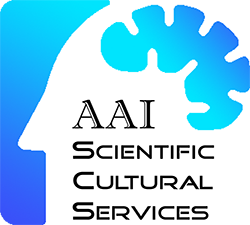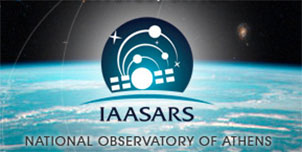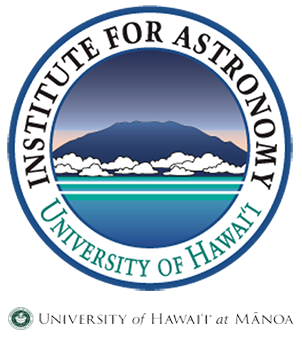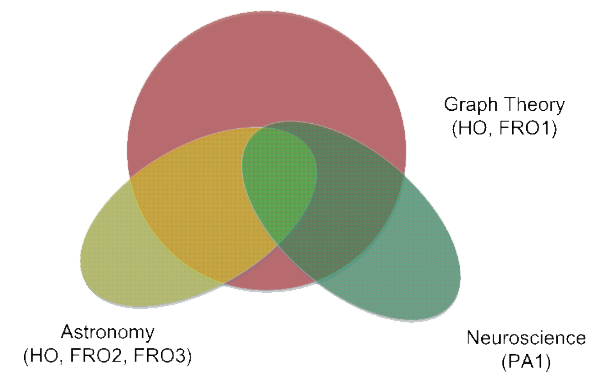The Partners

European University Cyprus (EUC-HO)
European University Cyprus has its roots in Cyprus College, which was founded in 1961 by Ioannis Gregoriou. Today EUC is a modern university, operating five Schools, namely, the School of Humanities, Social and Education Sciences, the School of Business Administration, the School of Sciences, the Medical School, and the School of Law. The University hosts a diverse and dynamic research community with experienced researchers, including Nobel Laureates Professor Robert Huber (Chemistry, 1988) and Professor Ada Yonath (Chemistry, 2009). European University Cyprus is actively engaged with local, regional and global partners to promote opportunities for long-term strategic research partnerships and innovative programs of study. The mission of the university is to educate students for successful careers and life achievement, to understand and serve the needs of society, and to create knowledge through research and innovation. During the last decade, the University has developed an intense research activity in a wide spectrum of ICT, Health, and Socioeconomic Sciences and Humanities through coordination or participation in national, international and European Union-funded research programs. Sources of funding for research conducted by faculty members include Horizon 2020, 7th Framework Program, Erasmus+, Life-Long Learning 2007-2013, Directorates General of the European Commission, the Cyprus Research Promotion Foundation, United Nations, governmental bodies and others. The university is one of the 390 organizations in Europe which have been awarded the EU’s ‘HR Excellence in Research’ badge.

AAI Scientific Cultural Services Ltd (AAISCS)
AAISCS is a private company with research intensive profile. The work in AAISCS focuses on basic and applied research primarily in cognitive neuroscience and the utilization of the results in services and products using simple and widely available instrumentation. The most active division of AAISCS is the Laboratory for Human Brain Dynamics (LHBD-C or simply LHBD hereafter). LHBD was established in 2007 as a continuation of the laboratory with the same name (LHBD-J) at the Brain Science Institute (BSI), RIKEN in Japan (1998-2009). Prof Andreas A. Ioannides, who is a neuroscientist with physics background, established and lead the two laboratories throughout their history LHBD-J from 1998 to 2009 and LHBD-C from 2007 to today. LHBD-C has continued collaborating with world renowned research centers (e.g. NIH USA; Maastricht University, The Netherlands; University of Copenhagen, Denmark; Rotman Research Institute, Toronto, Canada; KU Leuven, Belgium; Aristotle University of Thessaloniki, Greece; University of Patras, Greece) and working on projects with funding from European Commission’s FP7 and Horizon 2020, Cyprus Research Promotion Foundation (RPF) and Ministry of Energy, Industry, Commerce and Tourism (MEICT). For GRATOS, AAISCS will contribute to the theoretical work on graph theory, with a fixed view on the applications to neuroscience. You can visit AAISCS website for more information www.aaiscs.com

Institute of Communication and Computer Systems at National Technical University of Athens (ICCS/NTUA-FRO1)
The Institute of Communication and Computer Systems at NTUA (ICCS/NTUA) is a leading R&D Institute in Greece. It is associated with the School of Electrical and Computer Engineering (ECE) of the National Technical University of Athens (NTUA) and is supervised by the Hellenic Ministry of Education and Religious Affairs. ICCS/NTUA employs 12 permanent or long term researchers and 10 permanent or long term administrative personnel, and hosts the research activities of about 50 faculty members and a large number of senior or junior researchers of ECE. ICCS/NTUA aims to promote basic and applied research in many different disciplines, including hardware and software technology, algorithms and complexity, distributed algorithms and systems, information systems and decision management and mobile technologies, among others. In the recent years, ICCS/NTUA has successfully participated in many EC-funded basic and applied research projects, including more than 100 projects in the 6th Framework and more than 70 projects in the 7th Framework. Moreover, ICCS/NTUA has participated in many applied research projects funded by national Ministries and public bodies.

Institute for Astronomy, Astrophysics, Space Applications and Remote Sensing (IAASARS-FRO2):
The Institute for Astronomy, Astrophysics, Space Applications and Remote Sensing (IAASARS) is one of the three institutes of the National Observatory of Athens, the oldest research institution in Greece. The main activities of the Institute involve basic and applied research in a number of topics in astrophysics, from distant galaxies to the solar neighborhood, as well as ground based and space-borne remote sensing, earth observation and signal processing. The institute is also committed to outreach and science dissemination for the general public and operates two very popular visitor centers at Penteli and Thissio.

University of Hawaii at Manoa (UHM-FRO3):
The University of Hawai at Manoa is a public co-educational research university as well as the flagship campus of the University of Hawaii system. The school is located in Manoa, an affluent neighborhood of Honolulu, Honolulu County, Hawaii, United States. It is accredited by the Western Association of Schools and Colleges from the western mainland U.S. and is governed by the Hawaii State Legislature and a semi-autonomous board of regents, which in turn, hires a president to be administrator. The Institute for Astronomy (IfA) is a research institute within the University of Hawaii with offices and laboratories on O‘ahu, Maui, and Hawai‘i island, plus observatories on the summits of Mauna Kea and Haleakalā. With a staff of 81 PhDs from 26 different countries, the Institute is one of the largest university astronomy programs in the world. Its goals are to explore the origin and nature of the Universe, and of the galaxies, stars, planets, and other matter that it contains, to develop new technologies for use in ground-based and space-based observatories and to spread the understanding of astronomy through its graduate program, through undergraduate courses, and through public education.


